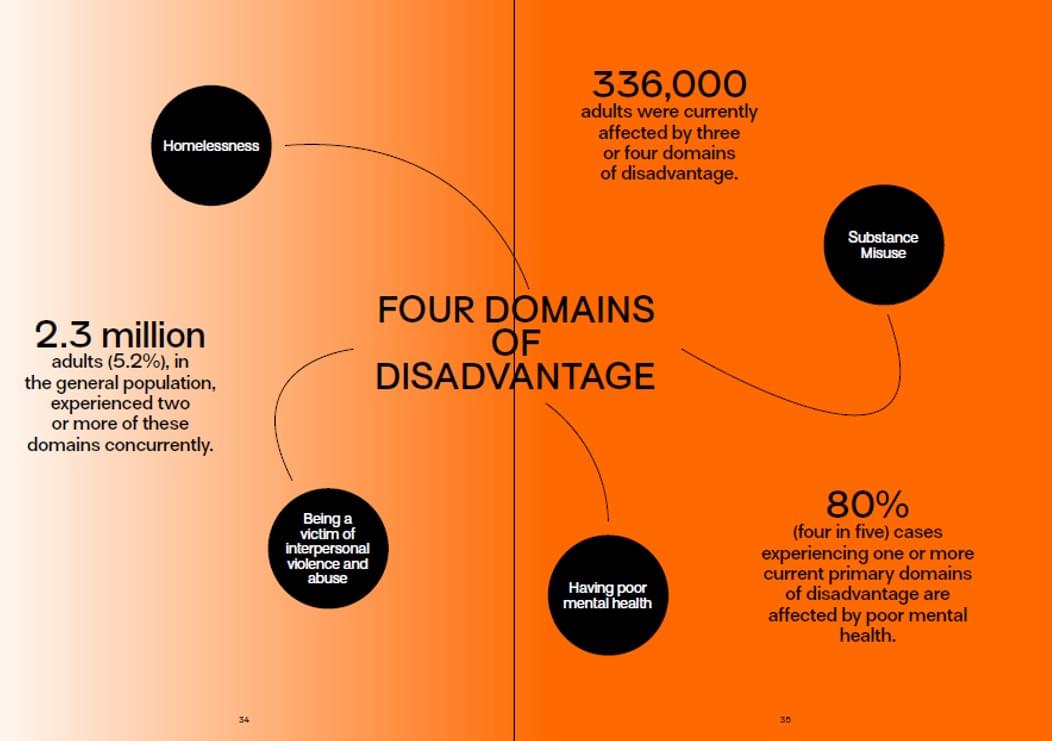18th December 2015, words by Cathy Stancer
Cathy Stancer, Director of Equalities and Rights, puts forward four reflections (or questions) inspired by the Revolving Doors/Lankelly Chase literature review What are the common concepts for recovery and desistance across the fields of mental health, substance misuse, and criminology?
1. There are strong and consistent messages across the areas considered by the literature review. Are other interventions and experiences missing though, perhaps reflecting our sectoral tendencies to privilege certain experiences over others when thinking about what constitutes ‘multiple needs’? The experience of losing children to the care system, for example, arguably fits just as well as the others we have included. It is correlated to multiplicity and severity of need and to system failure. It is clearly massively traumatic. What would ‘recovery’ look like here? Is the concept even relevant? Would the parallels still hold? There is very little written about it and tumbleweed is an appropriate metaphor for the service response once the court process is over. Are we reinforcing this by not considering it? Parent members of the ‘Your Family, Your Voice’ alliance run by Family Rights Group could certainly shed light on this.
2. The reality of recovery/desistance as a zig zag track is spot on of course but there are circumstances where this is obviously unacceptable. What about serious offences, gender based violence, child abuse? Offending is a very broad term. How do we respond with humanity and pragmatism in these cases and to the many lesser harms to others that may accompany multiple needs? As Maria from Cranstoun (working with DVIP on a perpetrator programme for men in substance misuse services) says – the response of a substance misuse worker to a weekend relapse might be ‘Ok, never mind, pick yourself up and let’s start again’. What is the appropriate response when the same person has assaulted their partner over the weekend? Should we get real about the likelihood of this kind of complexity? Are there lessons here from other approaches which hold to account as well as provide support? Circles of Support and Accountability come to mind…
3. The literature review talks about the importance of familial support (whilst acknowledging that this is not straightforward, particularly for women who have experienced domestic abuse). Where is the voice of that family here and does the collective wisdom in that field contradict our literature review? I am thinking of Al Anon (the self-help network for families and friends of alcoholics), for example, the concept of ‘detachment with love’ and the necessity of letting people face the consequences of their actions. We should not, perhaps, presume that family support for the person in recovery is necessarily and uncomplicatedly A Good Thing.
4. We know the roots of mental ill health, substance misuse and offending often lie in adverse childhood experience; in abuse, bereavement, neglect. These common roots mean that the commonalities we see across the literature here make absolute sense – whatever the manifestation, people are largely dealing with the effects of trauma. Does a service focus on trauma, rather than the individual symptom also make sense? Does it lead us to earlier intervention? To addressing the things that really matter to people?


Comments (0)